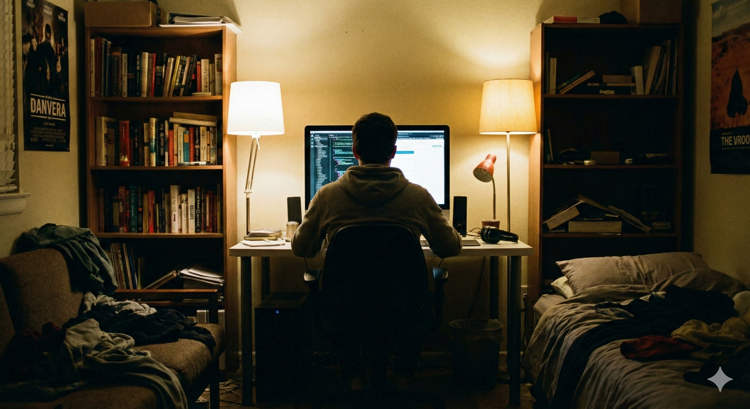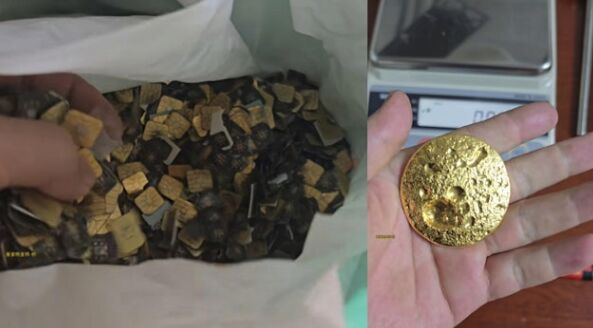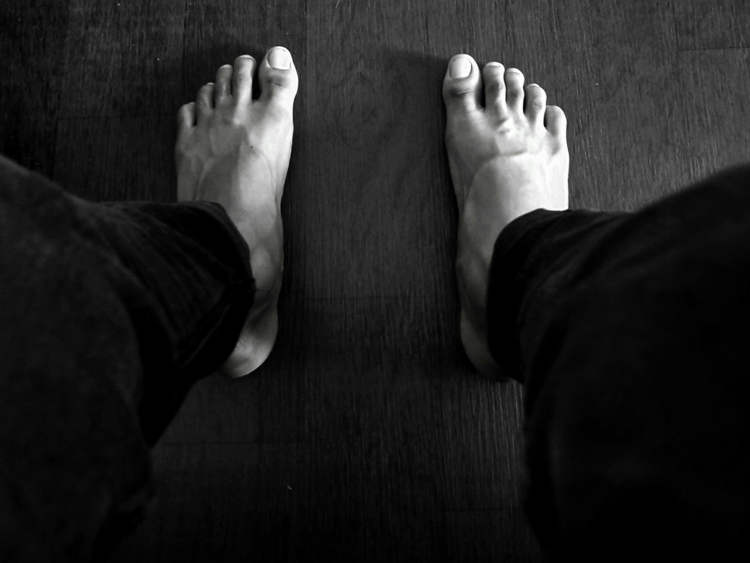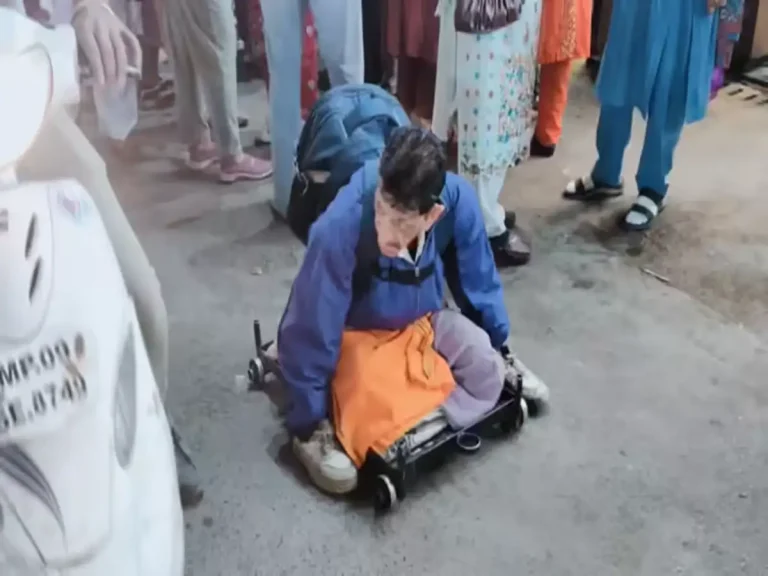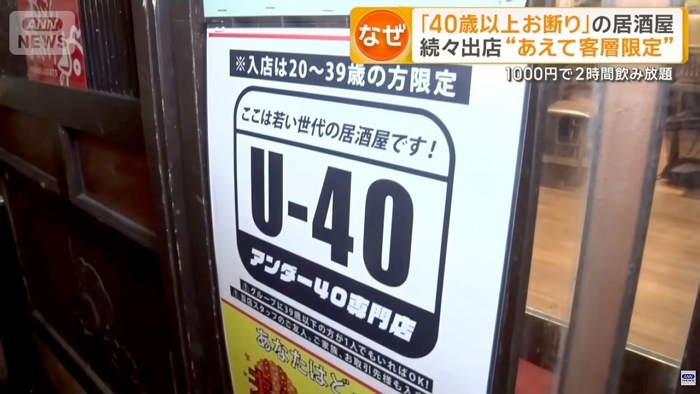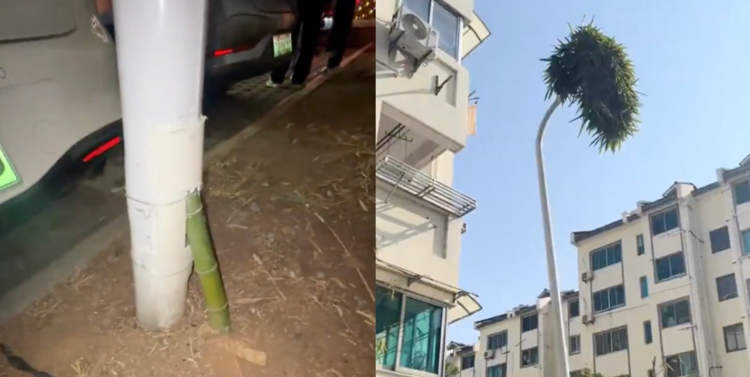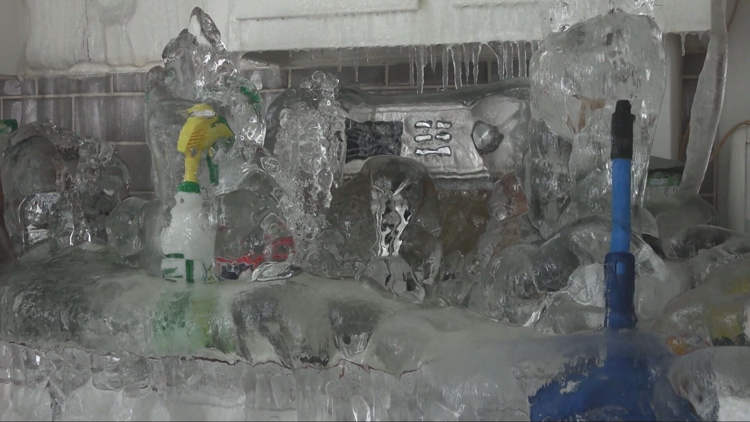Brendan Walsh is a professional sewage diver who, believe it or not, actually loves his job. He’s covered in poop for a large part of the day, every day, but that doesn’t seem to bother him at all. He runs a commercial diving business in Melbourne and he has been doing the job for over 25 years. “My company will do any job that involves wetness,” he proudly declares. “As long as there’s a fluid of some kind, we’ll attack it.”
But what in the world would anyone need to dive into a sewer for? Well, as it turns out, there are plenty of reasons. “Mostly we do general maintenance at the sewage farms but it could be rebuilding pumps or clearing blockages,” Brendan explained. “We found lots of false teeth but mainly male and female hygiene products. When we come back out we often have condoms hanging off you. People also don’t chew their corn,” he joked. Australia’s sewage farms need divers because they use bacteria to break down their waste, and not chemicals.
“It’s definitely not a job for the faint-hearted,” Brendan admitted. “It’s more thick than normal diving and you can’t see anything no matter what. It’s more like walking than swimming when you get down there.” Despite that, he says that working with sewage is like working with ‘brown-gold’. “I love my job and always have. I’m a passionate diver from way back, and I’m a mechanic. I’ve never worked a day in my life because I combine my passions. You can’t do a job well unless you love it,” he said.
Photo: East West Dive and Salvage
In case you’re wondering, Brendan and his employees can’t smell anything either when they’re down in the nasty sewers, thanks to the fully encapsulated suits they wear to block out the smell. “You can’t smell anything, all the air is bottled. If you do smell something you’ve got a problem.”
“For a sewage dive we have the full contamination rubber suits that cost about $7,500 and last about 150 to 300 dives. The helmets we wear weigh about 11 kilograms, so just to walk along before you get in the water takes a lot of strength, if you fall over you can do yourself major damage. It’s full encapsulation diving, which means you’re fully dry inside the suit, it has sealed cuffs on it, and the suit connects onto the diver’s helmet so nothing touches the skin. We don’t come out smelling at all because there’s no contact.”
Photo: East West Dive and Salvage
With the sights and smells taken care of, working in the sewer is actually not as gross as you’d imagine. It’s almost like being an astronaut, I suppose, except these people go underground rather than to outer space. “It’s black and silent,” said Brendan. “It’s just pure black, you can’t see anything. It can be very claustrophobic and it takes careful planning before you go ahead. What the eyes don’t see, the heart doesn’t feel.” In fact, he says that its worse for the guys who have to wash the divers’ suits down and clean them up afterwards.
Brendan loves talking about his job as much as he loves doing it. He explains it in great detail: “You have to be quite mechanical to work out what’s wrong, and how to fix it, and you also have to be able to relay your thoughts in a clear manner so the support guys on the surface can think about the same problem. We have full communications in the suits so the divers can talk through the job. We can be under several meters of sewage for up to four hours.”
Photo: East West Dive and Salvage
“The first meter or two of sewage can be quite dense. We’ve had it that thick that the guys have dropped spanners and they haven’t fallen. We’ve had times when there were big islands we’ve had to remove when pumps have broken down. We’ve had to go in with big suction heads and suck 500 foot of solid poo out. Lovely days! It’s a very serious job. We have stand-by divers fully dressed and ready to go in case something goes wrong. We have people in full plastic protective gear for the wash down.”
As safe as the job sounds, there are dangers involved in sewage diving as well. Brendan says that the worst thing that could happen is if a diver tears his suit, and the suit floods. “I’m pretty careful, so it’s never happened to me,” he said. “You might occasionally get a glove tear but that’s really no difference to a piece of toilet paper ripping in the morning. It still is a problem though. You have to abort the dive and clean and disinfect the diver’s hands. It’s a very big health issue. My divers have every available injection they can get. Every single diver has to have every inoculation on the list because there are numerous diseases floating around in there.”
Photo: East West Dive and Salvage
Brendan also explained that divers need to limit their fluids before a dive, because ‘once you start you can’t go to the toilet’. He runs a training course for sewage divers and tests them a lot before he lets them do the actual job. “We do a test run in a pool, dress them in all the gear and make sure they’re happy because we charge a lot of money for this work and we need to know the guys can handle it.”
All said and done, the job itself pays great money, and Brendan has no complaints about what he does. “It doesn’t make me sick to do the work,” he said. “I don’t know if I would call it a glamorous job but it looks very good on a diver’s log book to say he’s done the full-contamination, encapsulation diving.” And the job has its perks as well – when people find out what they do, they clear out so that Brendan and his men almost always have plenty of space at the bar!
Sources: Daily Mail, The Age








